Planning your move to Spain but not sure where to land? You’re not alone. Many expats start with broad searches like “moving to Spain”, then quickly discover that Costa Blanca, in the province of Alicante, offers the perfect mix of sun, scenery, and affordability.
Whether you’re planning retirement in Dénia, remote work in Alicante city, or a fresh start in Biar or Pinoso, this 2025 starter guide walks you through every step
Why Choose Costa Blanca Over Other Spanish Regions?
The province of Alicante, home to the Costa Blanca, has been the top destination for foreign residents in Spain for decades. According to data from the Instituto Nacional de Estadística (INE), Alicante consistently ranks as the Spanish province with the highest proportion of foreign residents, ahead of Malaga, Madrid, and Barcelona. While urban hubs attract those moving for work or study, Costa Blanca shines for its lifestyle appeal.
Why expats prefer Costa Blanca:
- Excellent quality of life at a lower cost than cities like Barcelona or Madrid, or coastal provinces like Málaga
- Mediterranean climate with over 300 sunny days a year
- Strong and extensive public and private healthcare network
- Costa Blanca boasts the most Blue Flag beaches in Spain—72 in 2025—ensuring clean, safe, well-serviced coastlines
- Thriving international communities in every comarca
- Robust infrastructure: airports, highways, hospitals, schools, business
The province of Alicante is especially attractive for retirees, families, and remote workers who seek a relaxed pace, safety, and full access to amenities—with a more affordable cost of living than other popular destinations.
💰 Cost of Living in Alicante Province (2025)
Let’s talk money. Living in the province of Alicante means you can enjoy Mediterranean life without the steep prices of Spain’s biggest cities. Here’s how the cost of living compares across coastal towns, inland villages, and Alicante city:
| Item | Coastal Towns (€) | Inland Towns (€) | Alicante City (€) |
| Long-term Rent (1-bed flat) | 800–1,200 | 450–750 | 700–950 |
| Utilities (monthly) | 120–180 | 80–130 | 100–160 |
| Groceries (2 people/week) | 60–80 | 45–65 | 55–75 |
| Menú del día (weekday set lunch menu) | 12–18 | 9–14 | 11–16 |
💸 Inland areas like Sax or Villena are 20–30% more affordable than coastal hotspots like Benidorm, while Alicante city offers a middle ground: urban comfort without the capital-city price tag.
Where to Live in Alicante – Costa Blanca vs. Inland
Costa Blanca isn’t just one place—it’s a 200 km stretch of Mediterranean coastline brimming with diverse towns and landscapes, from sun-soaked beaches to peaceful inland valleys. Where you choose to live can shape your entire lifestyle here—so take your time to explore.
- Northern Costa Blanca (e.g. Dénia, Jávea, Moraira): Ideal for retirees and families seeking a quieter, scenic setting. Expect dramatic coastlines, lush hillsides, and a slower pace of life with a distinctly international feel.
- Alicante city and surroundings: Alicante blends the best of both worlds—Mediterranean views, urban comforts, historic charm, and a lively cultural scene. Nearby areas like San Juan, El Campello, and Santa Faz offer more residential options with easy access to the city centre and beaches.
- Southern Costa Blanca (e.g. Torrevieja, Orihuela Costa): Great for those who love vibrant communities, nightlife, shopping, and easy access to airports and major roads.
- Inland Alicante (e.g. Jalón, Pinoso, Biar, Pego): If you’re after authentic Spanish village life, spacious homes, and peaceful surroundings, inland towns are a fantastic choice. Property prices are often lower, and you’ll find a warm local community, local wine, and a touch of timeless charm.
🗺️ Tip: Whether you’re drawn to beach walks, vineyard views, or a bustling promenade, be sure to visit various towns before deciding. Consider practicalities too—like distance to hospitals, schools, airports, and public transport.
Finding a Home in Alicante: Renting, Buying, Setting Up Utilities
Finding a place to live is one of the biggest decisions you’ll make when moving to Costa Blanca. Whether you’re testing the waters or settling in for good, here’s what to expect:
Renting: Flexible and Low Commitment
Great for newcomers. Renting gives you time to explore different areas and understand what fits you best.
- Alicante and Benidorm are bustling cities, always in high demand.
- Coastal towns like Javea or Altea tend to be more expensive and trendy.
- Torrevieja or Dénia are coastal alternatives for lower budgets, yet with vibrant, growing expat communities.
- Inland areas like Sax or Cocentaina offer better value and more space.
Websites like Idealista and Fotocasa are widely used and list properties from agencies and private owners alike. EnAlquiler is a good option if your focus is set on renting.
Buying: Long-Term Investment
If you’re planning to stay, buying can be a smart choice. Property is still more affordable here than in other popular regions of Spain.
- Coastal hotspots offer strong resale potential.
- Inland towns provide more land and tranquillity.
💡 Whether you buy directly from a private person or through an agent, we strongly recommend to hire a bilingual lawyer with expertise in Spanish property law (or a Spanish expert lawyer supported by a translator). Even the friendliest and wisest estate agent may not be aware with every legal aspect affecting the property.
- Decided to purchase a property in Alicante? Check our “Buying Property in Alicante Guide 2025” to learn about the process →
Setting Up Utilities
Welcome to the wonderfully diverse world of Spanish utility providers. Once you’ve signed your lease or deed, you’ll need:
- Electricity: Main providers include Iberdrola and Endesa, but regional alternatives may suit your area better.
- Water: Check with your local ayuntamiento (town hall) for the water supply provider in your area.
- Internet: Fibre is available in most towns. Providers like Movistar, Vodafone, Lowi, and Finetwork all offer plans.
💡 To set-up utilities, you’ll typically need your NIE, and a signed rental or purchase contract to set up services. If you rent or buy through an agent, they will most likely arrange the basic utilities for you (water, electricity and property taxes -if applicable).
Spanish Bureaucracy Made Simple: NIE, Visas, Residency and More
Ah yes, the Spanish paperwork. In your moving to Spain journey, this is part rite of passage, part treasure hunt. From the outside, Spanish bureaucracy can look like a complex dance—especially if you don’t speak the language. But don’t worry. Take it step by step, and you’ll get through it. Thousands of expats do every year, and so will you.
Here’s an optimistic (but realistic) look at the process. Below are links to detailed guides that break down (some of) the paperwork:
NIE (Número de Identidad de Extranjero)
Your golden key to life in Spain. Needed for renting, banking, utilities—you name it.
🇪🇺 For EU/EEA/Swiss Citizens: Residency
If you’re from the EU/EEA or Switzerland, you don’t need a visa—but you must register for residency (Certificado de Registro de Ciudadano de la UE) if staying longer than 90 days. This step also gives you access to public services and healthcare.
- Here’s your comprehensive guide on how to move to and settle in Spain easily →
For Non-EU Citizens: Visa First, Then Residency
If you’re from outside the EU, your process starts with a visa application—whether for retirement, work, or a non-lucrative stay. Once in Spain, you’ll apply for your TIE (Tarjeta de Identidad de Extranjero) and complete your local registration.
- For step-by-step info on how to move to Spain from Outside EU, check our complete guide for non-EU Citicens 2025 →
📚 More Spanish Bureaucracy Guides
If you’re already familiar with the overall process and need help with specific steps, check out our section with guides on how to register at the townhall (empadronamiento), get a residence or work permit, meet requirements for digital nomads, and more.
Education in the Province of Alicante
Costa Blanca is well-equipped for families with children or students:
- Numerous international schools offering British, French, and German curricula.
- Access to public and private Spanish schools across the province.
- University of Alicante (UA) and Miguel Hernández University (UMH) have campuses in Alicante, Elche, and Sant Joan d’Alacant.
- Polytechnic University of Valencia (UPV) has faculties in Alcoi for engineering and technology students.
Integrating into Local Life
- Language: Spanish is the dominant language in Alicante, even in valenciano-speaking inland towns or in the Norhtern Comarcas (regions). Valenciano is co-official throughout the Valencian Community (to which Alicante province belongs).
- Driving: EU licences are accepted. Non-EU? Exchange within 6 months.
- Social life: While Spaniards are warm-hearted and friendly with foreigners, the province hosts strong expat communities in every comarca, so you won’t feel alone.
- Missing your cheddar? You’ll find foreign products in major supermarkets’ international aisles and small shops run by expats.
🔗 Check our article about Shopping in Alicante to understand the Spanish retail landscape.
Healthcare in Alicante: Access & Services
Access to Healthcare
- EU/EEA citizens: Use EHIC or register with S1 to access public health services.
- Non-EU citizens: Must arrange private insurance for residency or visa approval.
Local Facilities
- Alicante, Dénia, Torrevieja, Benidorm, Alcoi and other medium-sized cities: Full-service public hospitals with emergency services.
- Small coastal and inland towns (e.g., Villa Joyosa, Jávea, Biar, Cocentaina): Smaller health centres or consultorios; refer patients to regional hospitals.
- Check nearby centres via the GVA Sanitat (in Spanish) portal.
- Private clinics with multilingual staff are common throughout the province of Alicante. Most of them partner with the large insurance companies.
🌞 Final Thoughts: Ready for Your Move?
Whether you’re chasing sunshine, a fresh start, or just tired of scraping ice off your car every winter—moving to Costa Blanca might be the best decision you ever make.
From NIE paperwork to choosing your ideal town, preparation is key. But once you’re settled, you’ll find that life here runs a little slower, the skies stay a little bluer, and the days feel a little lighter.
🌴 So whether you’re planning your retirement, embracing remote work, or relocating with family—Costa Blanca is ready to welcome you with open arms.
✅ FAQs – Moving to Spain’s Costa Blanca (2025 Guide for Expats)
If you’re an EU/EEA/Swiss citizen, you don’t need a visa to enter Spain—but you must register for residency if staying more than 90 days.
Non-EU citizens must apply for a visa before entering and complete their residency paperwork (TIE) once in Spain.
The NIE is your tax ID and essential for anything official: renting, banking, utilities. Appointments can be booked online via the Cita Previa platform, especially in cities like Alicante or Dénia. In inland towns, scheduling is often done directly at the comisaría (Police Station).
Inland villages offer tranquillity and space—but public transport is limited.
While towns like Alcoi or Elda have decent bus/train links, smaller villages may require a car for daily life, especially if you live in quiet areas beyond the village centre.
Expect to pay €800–1,200/month for a one-bedroom flat in coastal towns, €700–950 in Alicante city, and €450–750 inland. Prices vary by property type, proximity to beaches, services, and tourist appeal.
Yes, you can access the Spanish public healthcare system if you are a EU/EEA or Swiss citizen, your EHIC or S1 form.
If you’re a non-EU citizen, you must initially have private health insurance to obtain your visa and first residence permit in Spain. This is a legal requirement and must be maintained throughout the first year. After one full year of legal residence, you may be eligible to access Spain’s public healthcare system via the Convenio Especial, a paid plan for residents without social security contributions.
💬 Got more questions or a specific topic you’d like us to cover? Drop a comment below—we’d love to hear from you and help expand this guide with what matters most to you. 👇


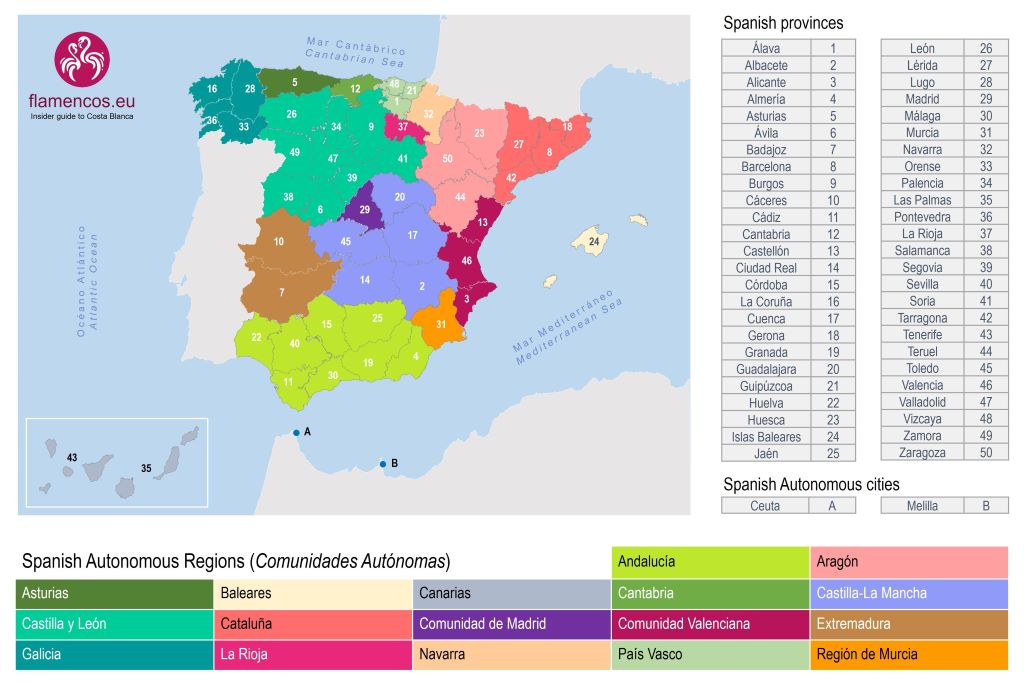
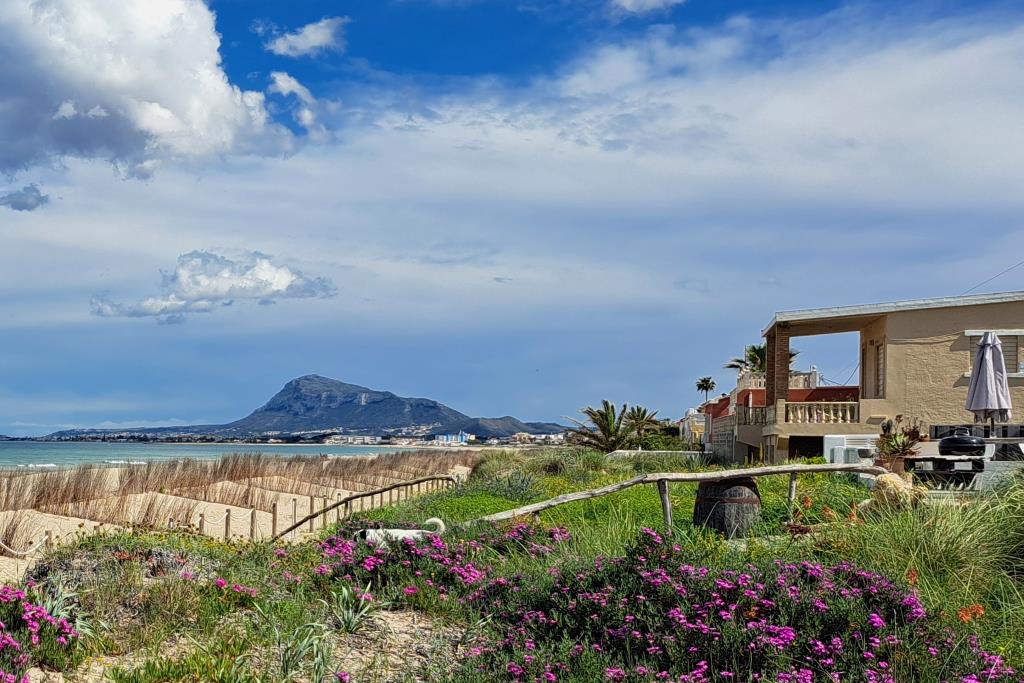
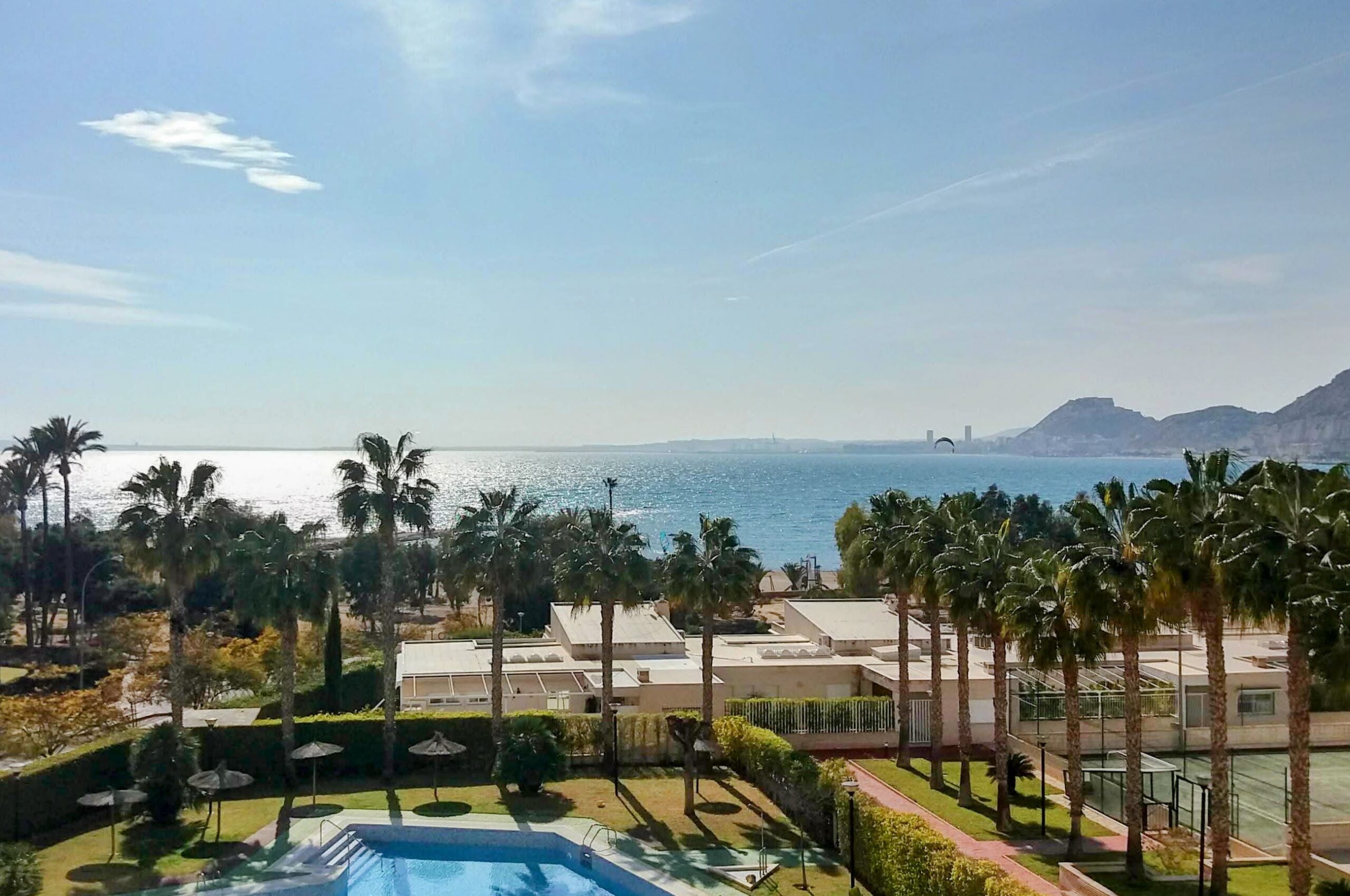
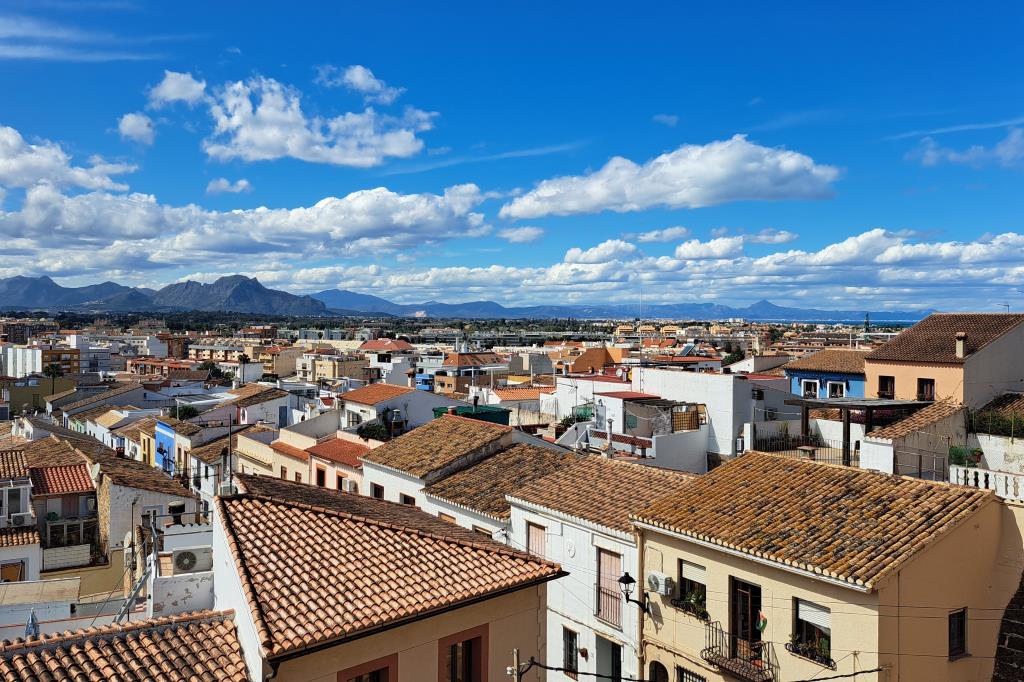


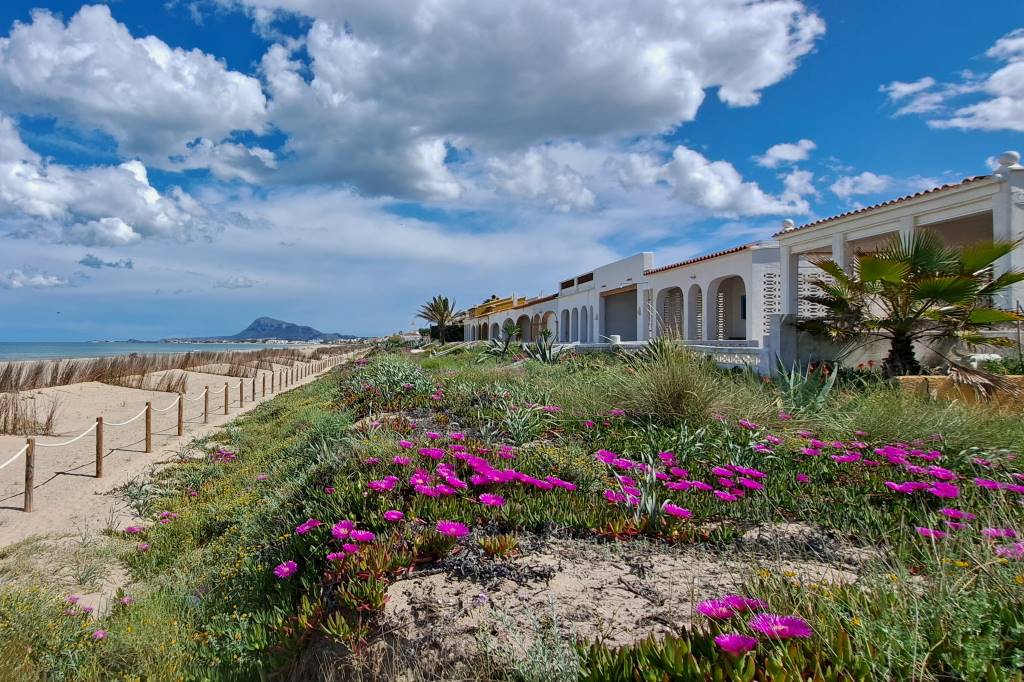

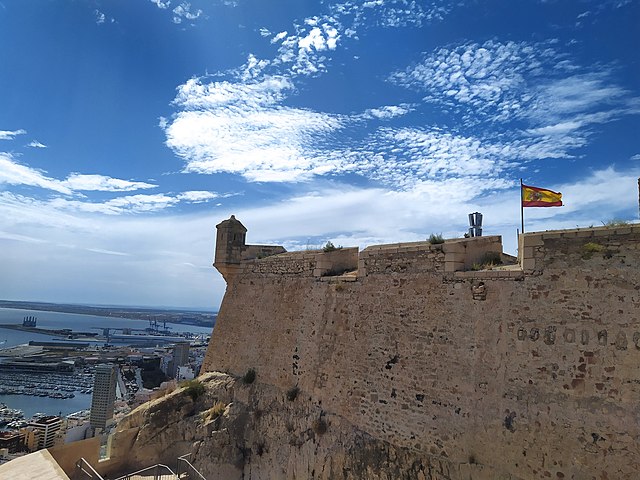
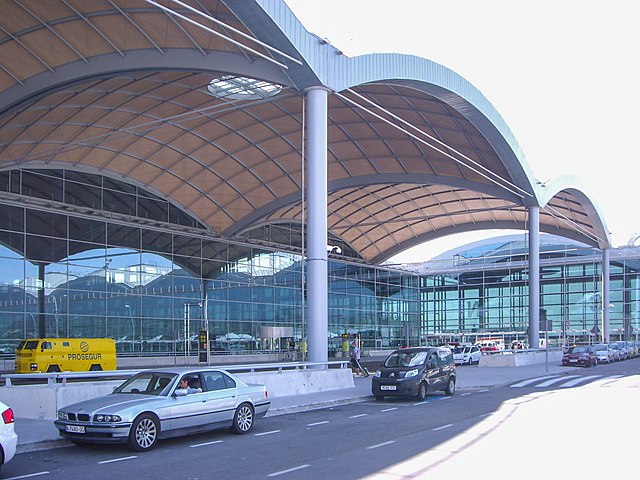
Leave a Reply
You must be logged in to post a comment.